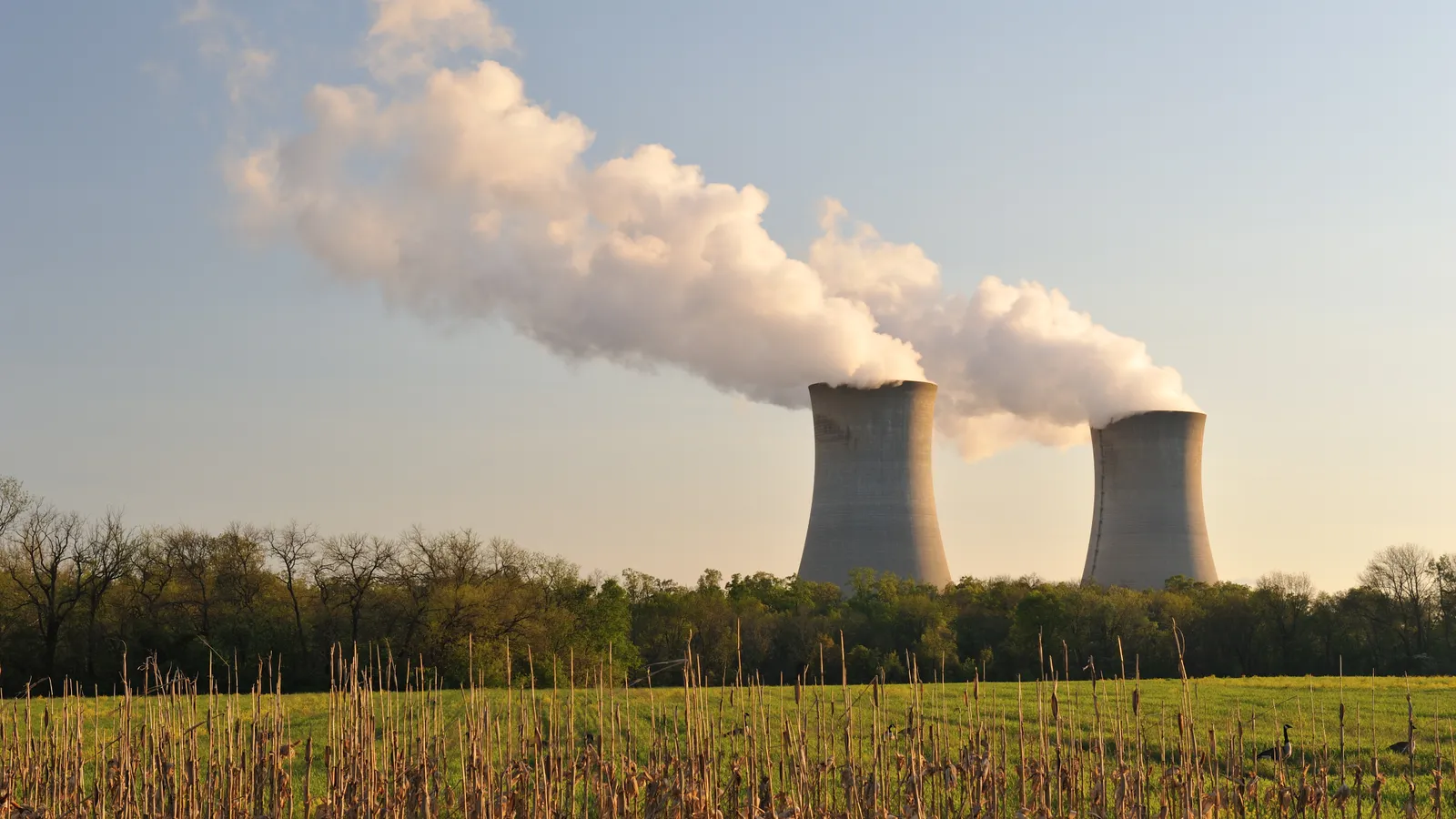The Department of Energy's initiative to pilot advanced nuclear reactors represents a pivotal moment for the U.S. energy landscape, particularly as the nation grapples with the dual challenges of energy security and climate change. The potential for these small modular reactors (SMRs) to operate safely and efficiently could catalyze a significant shift in public perception and policy regarding nuclear energy. With the global energy transition underway, the successful deployment of even a single reactor could validate the technology's viability, addressing longstanding concerns about safety and waste management while positioning nuclear power as a crucial component of a low-carbon future.
The implications of this pilot program extend beyond mere operational success; it could reshape regulatory frameworks and investment strategies in the energy sector. By demonstrating that advanced nuclear technology can be both safe and commercially viable, the DOE could unlock new funding avenues and encourage private sector participation. This shift may lead to a renaissance in nuclear energy, fostering innovation and potentially reducing reliance on fossil fuels. As the energy landscape evolves, the outcomes of this pilot will be critical in determining the role of nuclear power in achieving national and global sustainability goals.








